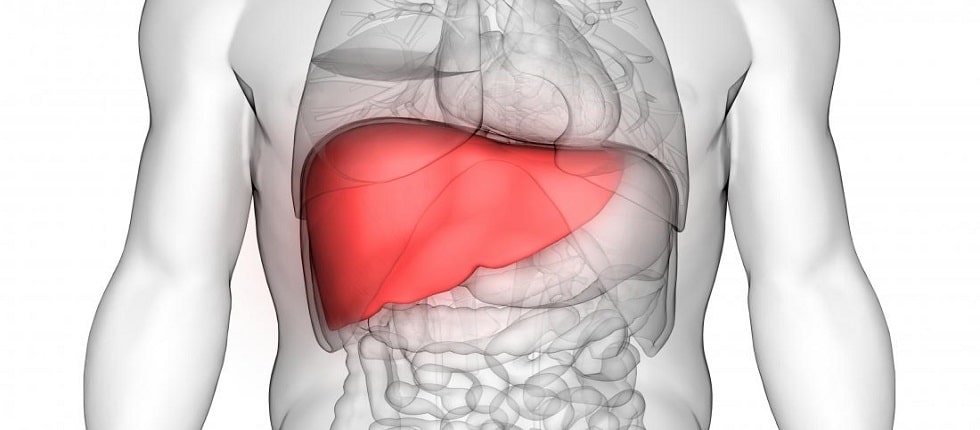In recent years, an increasing number of individuals have turned to medical tourism as a solution for accessing affordable and high-quality healthcare services. Among the various treatments sought by medical tourists, liver transplant surgery stands out as a critical procedure for patients with end-stage liver disease. With rising healthcare costs in many countries, especially for complex surgeries like liver transplants, medical tourism has emerged as an appealing option. This article explores the concept of medical tourism for affordable liver transplant surgery, highlighting its benefits, challenges, and important considerations.
Understanding Medical Tourism
Medical tourism refers to the practice of traveling to another country to receive medical treatment at a lower cost or with greater accessibility than what is available in the home country. It has gained popularity due to factors such as escalating healthcare expenses in certain nations, long wait times for specialized treatments, and the desire for access to advanced medical technologies.
Many popular medical tourism destinations, such as India, Thailand, and Mexico, have invested heavily in state-of-the-art infrastructure and equipment. These countries boast internationally accredited hospitals and highly skilled medical professionals who adhere to global standards of quality and patient care. By seeking treatment in these destinations, patients can benefit from the expertise of experienced surgeons and the latest advancements in medical technology.
Advantages of Medical Tourism for Liver Transplant Surgery
Here are several advantages of opting for medical tourism for complex surgeries like liver transplant:
Cost Savings:
One of the primary motivations behind medical tourism is the significant cost savings it offers. In countries like the United States, liver transplant cost can be exorbitant, often reaching hundreds of thousands of dollars. By choosing to undergo the procedure in a medical tourism destination, patients can save a substantial amount of money, sometimes up to 70% or more. This cost advantage allows individuals to access life-saving treatments that may otherwise be financially out of reach.
Quality Healthcare:
Contrary to common misconceptions, medical tourism does not imply compromising on the quality of medical care. Many popular medical tourism destinations, such as India, Thailand, and Mexico, boast internationally accredited hospitals and highly skilled medical professionals who adhere to global standards. These facilities invest in state-of-the-art infrastructure and technologies, ensuring that patients receive excellent care. Moreover, medical tourism often provides an opportunity for patients to choose from a wide range of experienced surgeons, increasing the likelihood of successful outcomes.
Reduced Wait Times:
In countries with nationalized healthcare systems, patients may face long waiting lists for liver transplant surgeries due to limited resources and a high demand for organs. Medical tourism allows individuals to bypass these lengthy waiting periods by seeking treatment in countries with shorter queues. This can be critical for patients with rapidly deteriorating liver conditions who cannot afford to wait. Access to timely treatment increases the chances of successful transplantation and improves patient outcomes.
Considerations and Challenges
Despite the great benefits of affordable treatment and reduced waiting times, medical tourism also brings certain challenges and considerations. These include:
Research and Due Diligence:
Before embarking on a medical tourism journey for liver transplant surgery, thorough research is essential. Patients should gather information about the reputation of the hospital, the qualifications and experience of the medical professionals, success rates of liver transplant surgeries, and post-operative care facilities. Engaging in consultations with the medical team before making a decision is crucial to address any concerns and establish trust.
Travel Logistics and Accommodation:
Medical tourism involves traveling to another country, which requires careful planning and arrangements. Patients must consider factors such as travel costs, visa requirements, accommodation, language barriers, and transportation. It is advisable to seek assistance from a reputable medical tourism facilitator who can help streamline these logistics and provide guidance throughout the process. They can assist with booking flights, arranging local transportation, and finding suitable accommodation near the hospital.
Post-Operative Care and Follow-Up:
After a liver transplant surgery, patients require extensive post-operative care and follow-up to ensure proper recovery and long-term success. It is essential to ascertain if the medical tourism destination provides comprehensive aftercare services or if arrangements need to be made in the home country. Effective communication between the medical teams in both locations is vital to ensure continuity of care. Patients should have a clear understanding of the post-operative care protocols and the availability of support services during their recovery period.
Conclusion
Medical tourism for affordable liver transplant surgery has become a viable option for individuals seeking cost-effective and high-quality medical treatments. While the concept presents significant advantages in terms of cost savings, accessibility, and quality healthcare, careful research, planning, and consideration of various factors are crucial. By taking these precautions, patients can make informed decisions and embark on a medical tourism journey that offers the best chances of a successful liver transplant surgery and optimal post-operative care. Medical tourism continues to reshape the healthcare landscape, providing hope and accessible treatment options to patients worldwide.





